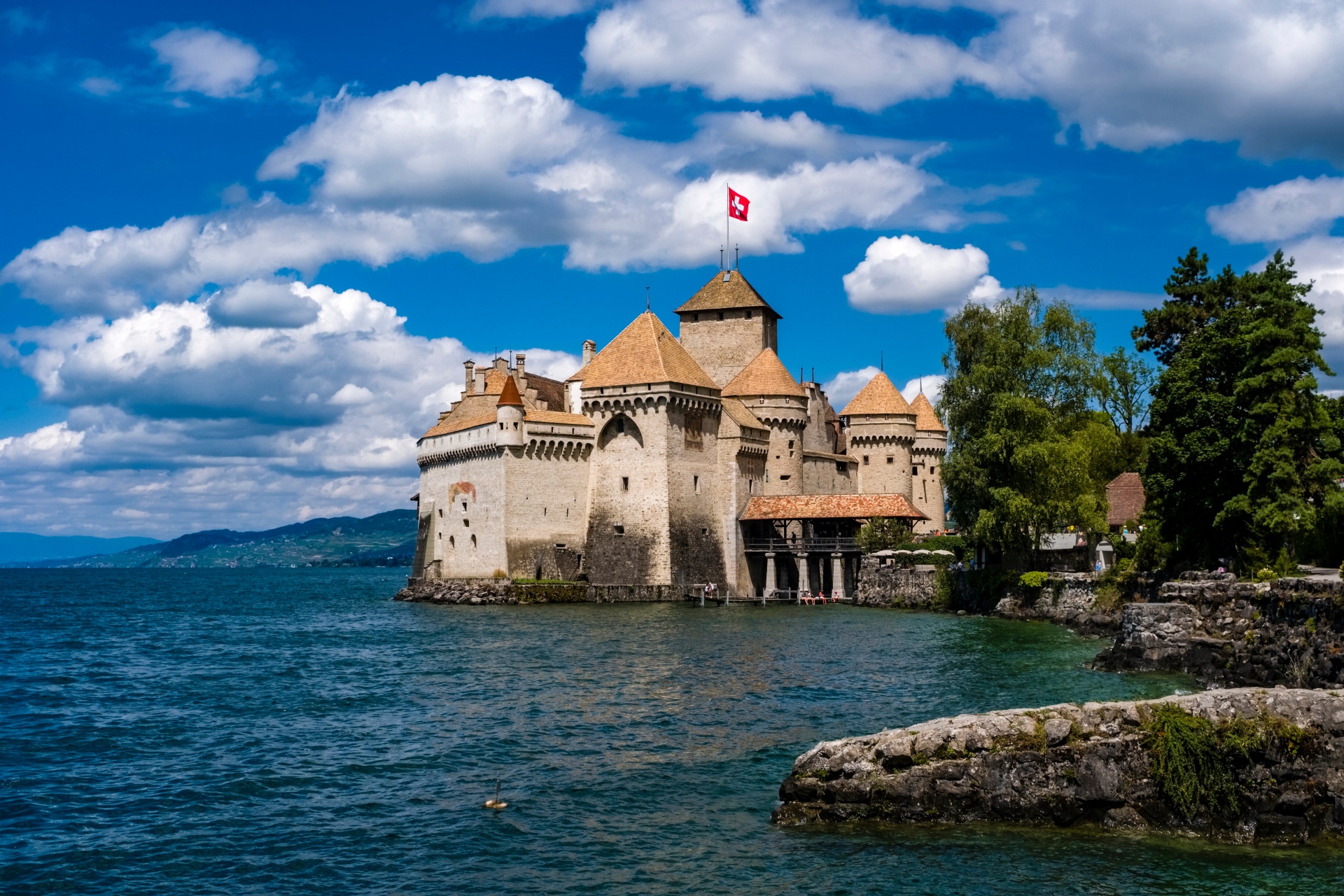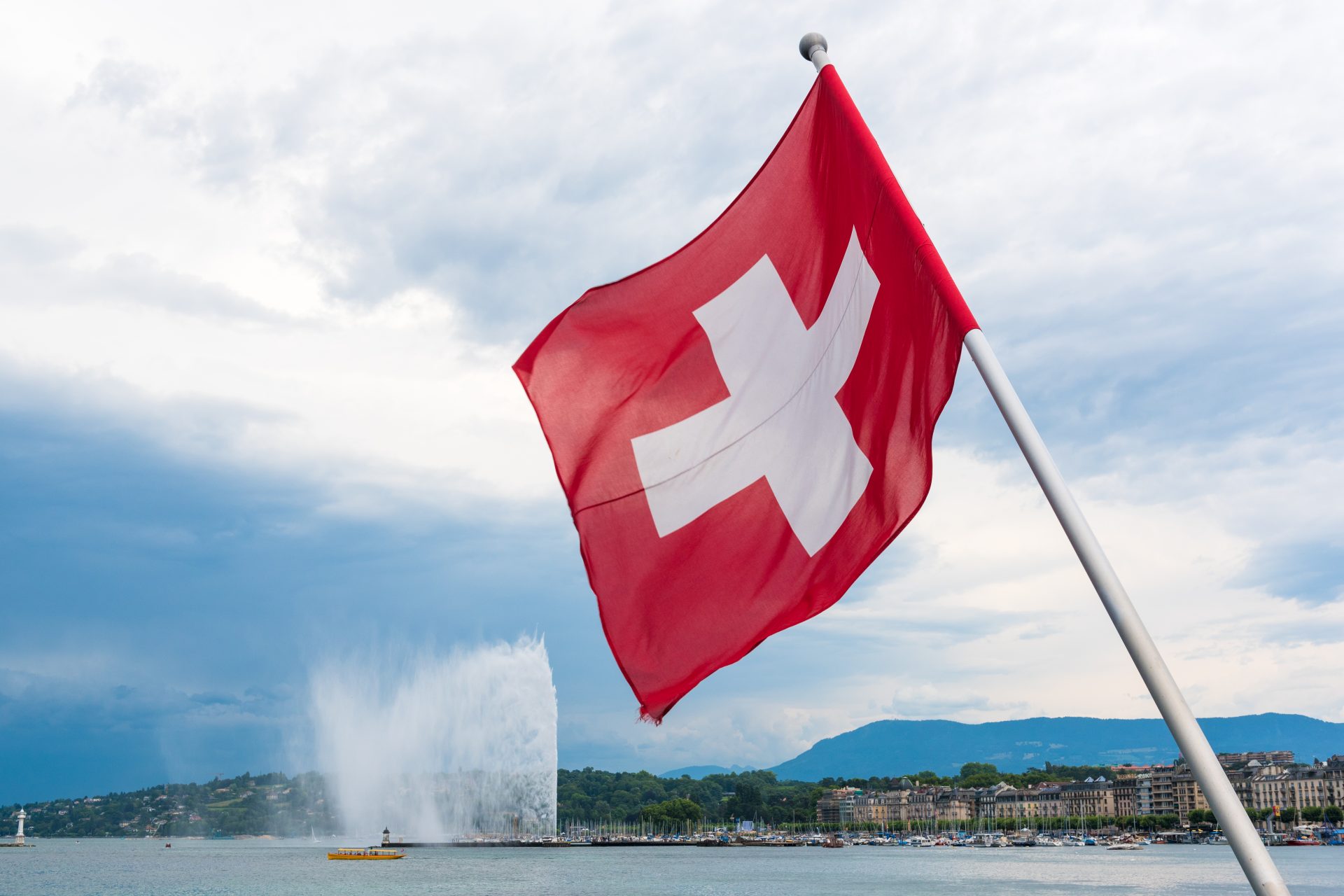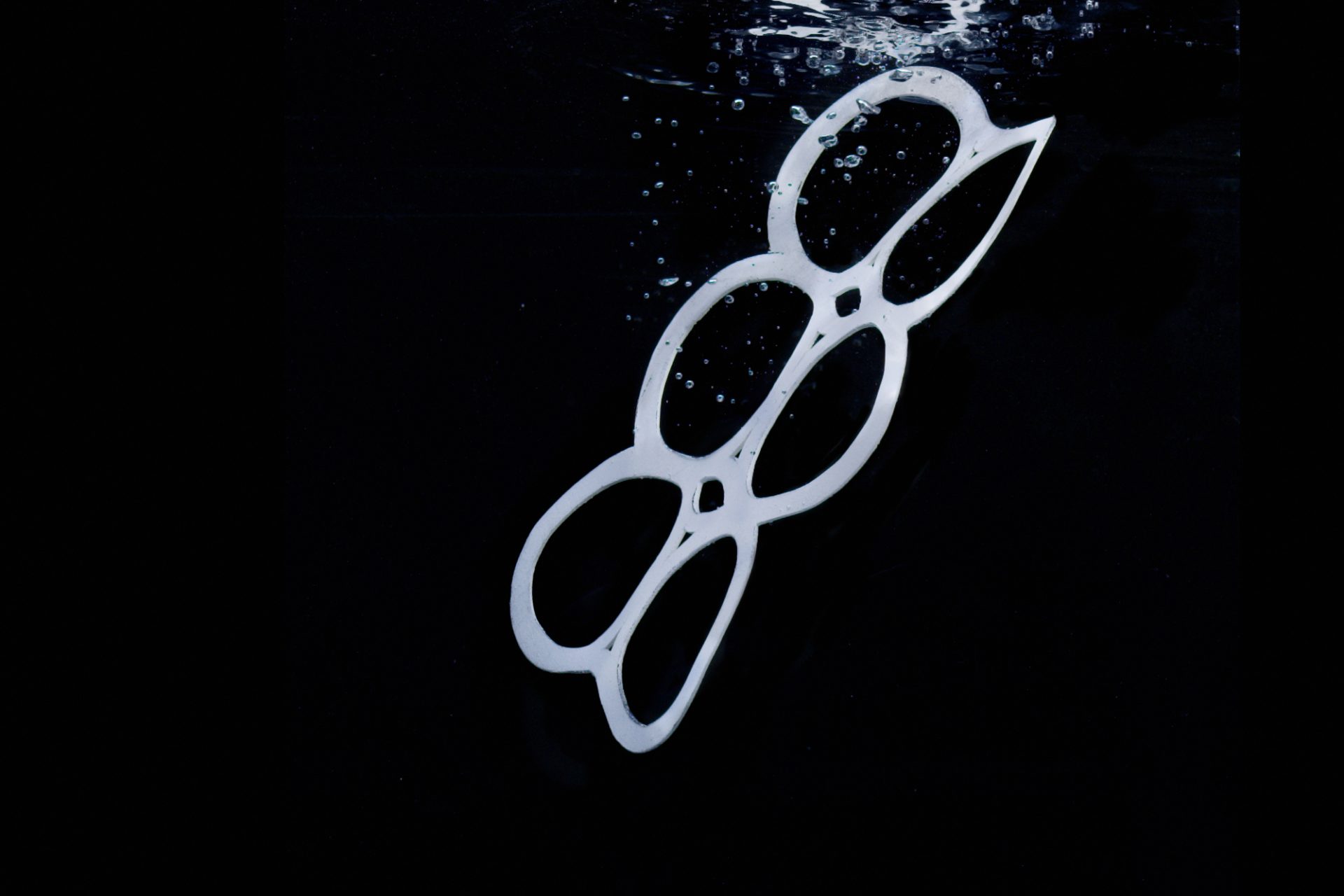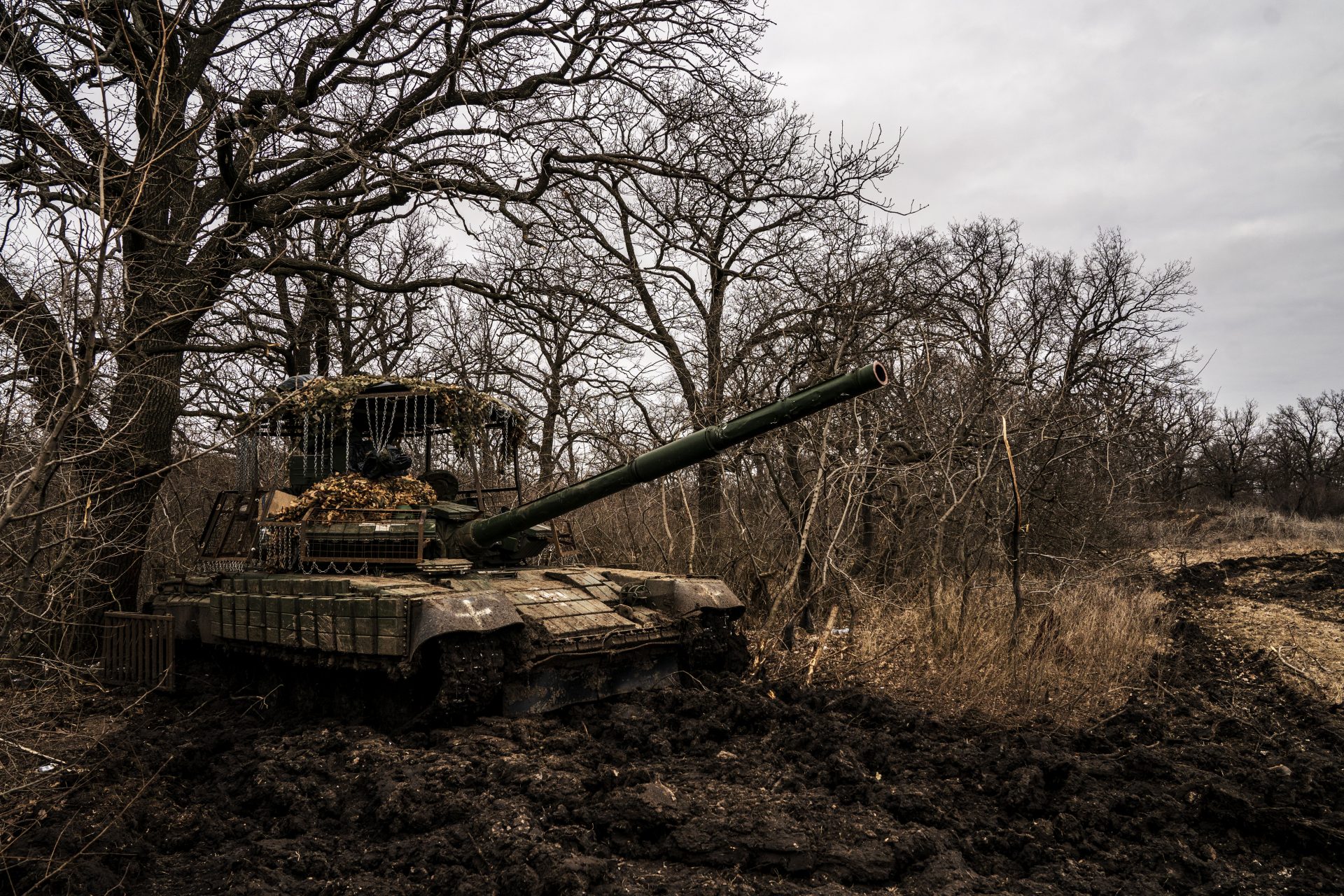Big money up for grabs: Help Switzerland clean up its munition-laden lakes
Switzerland's governing body has initiated an impactful and rewarding competition, set to grant recognition to two proposals aimed at extracting old weapons from the depths of its renowned lakes.
According to CNN, a statement from the country's federal Office for Defense Procurement said the best ideas could receive 50,000 Swiss francs (around 58,000 dollars).
The network said the contests will be open until February 2025, and the winners will be announced in April.
However, the Swiss government will not use the ideas immediately, or maybe ever. Still, they could open the door to future analysis on how to remove them.
Photo: Alexander Kovacs / Unsplash
According to CNN, the Swiss government dropped old bombs on the bottom of their lakes between 1918 and 1964. Some weigh 110 pounds and are buried deep between 500 and 700ft.
The NY Times said that recovering old munitions from World War I or II is common in Europe. The artifacts have occasionally disrupted daily life in Germany or, more rarely, in Britain.
The country's old bombs are not related to those conflicts. Switzerland has been a neutral nation for over 200 years despite discussing this principle after Russia invaded Ukraine.
The Office for Defense Procurement statement said that the bombs at the bottom of Lake Thun, Lake Brienz, Lake Lucerne, and others were "problem ammunition, surplus or outdated."
Still, the authorities clarified that the underwater bombs do not pose an immediate danger. If they were to explode, the water would contain the waves.
On the other hand, a 2005 assessment quoted by the statement and CNN concluded that removing the bombs could lead to high contamination risks for the delicate ecosystem.
The Swiss authorities chose the lakes back in the day because the most significant concern was an explosion, not the environmental damage, something not widely considered before the 1960s.
But now, despite the testing of the waters showing no contamination from the underwater munitions, the government is seeking alternatives in case that changes.
CNN reported that the statement said the goal is to involve academia and industry in the considerations of how to recover the bombs in an environmentally friendly and safe manner.
However, experts cited by the NY Times said the easiest short-term solution is to keep the bombs underwater. Moving the bombs could release their damaging materials.
One expert quoted by the newspaper likened lifting the bombs to lifting rocks from the bottom of a lake. The latter usually lifts mud and clouds the water; the same would happen with the bombs.
Another complication is how to lift them since, according to CNN, some munitions are made of non-magnetic metals like copper, brass, or aluminum.
More for you
Top Stories





























